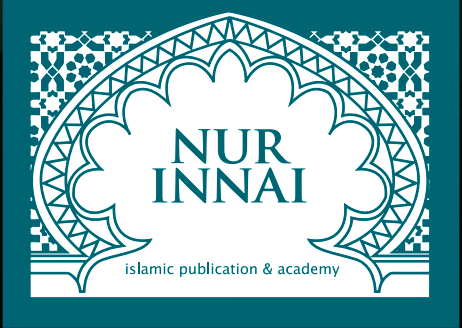The Ascent to the Divine Through the Path of Self-Knowledge
RM65.00
Ma‘ārij is not completely different in substance, vocabulary and/or style from some other writings by al-Ghazali. Most of his The Wonders of the Heart (Ajā’ib al-Qalb), for instance, is almost identical with most of the first half of the book.
In a general way it can be considered as a somewhat more developed combination of a number of ideas and views found scattered in several of al-Ghazali’s other writings. The section on prophethood, for example, is more developed and exhaustive in Ma‘ārij. The preface offers a clear concise description of the book’s aim and content, namely the knowledge of the Divine through the knowledge of the soul—a psychological approach to theology. The keynote is the hadith quoted more than once in the preface itself, which reads, “Whoever knows himself knows his Lord.”
The book is intelligible. Moreover it exhibits a refined religious sense that some portions of Ihyā’ fail to exhibit. His theological views and interpretations are lofty and advanced. One example is his belief concerning the bliss and misery in the life to come, which he completely places on a spiritual level. The bliss, according to him, is a sublime spiritual experience of God—the enjoyment of meeting and witnessing Him, while misery is deprivation of that experience. All carnal pleasures and compensations mentioned in the Qur’an are ignored.
2 in stock
Ma‘ārij is not completely different in substance, vocabulary and/or style from some other writings by al-Ghazali. Most of his The Wonders of the Heart (Ajā’ib al-Qalb), for instance, is almost identical with most of the first half of the book.
In a general way it can be considered as a somewhat more developed combination of a number of ideas and views found scattered in several of al-Ghazali’s other writings. The section on prophethood, for example, is more developed and exhaustive in Ma‘ārij. The preface offers a clear concise description of the book’s aim and content, namely the knowledge of the Divine through the knowledge of the soul—a psychological approach to theology. The keynote is the hadith quoted more than once in the preface itself, which reads, “Whoever knows himself knows his Lord.”
The book is intelligible. Moreover it exhibits a refined religious sense that some portions of Ihyā’ fail to exhibit. His theological views and interpretations are lofty and advanced. One example is his belief concerning the bliss and misery in the life to come, which he completely places on a spiritual level. The bliss, according to him, is a sublime spiritual experience of God—the enjoyment of meeting and witnessing Him, while misery is deprivation of that experience. All carnal pleasures and compensations mentioned in the Qur’an are ignored.




Reviews
There are no reviews yet.